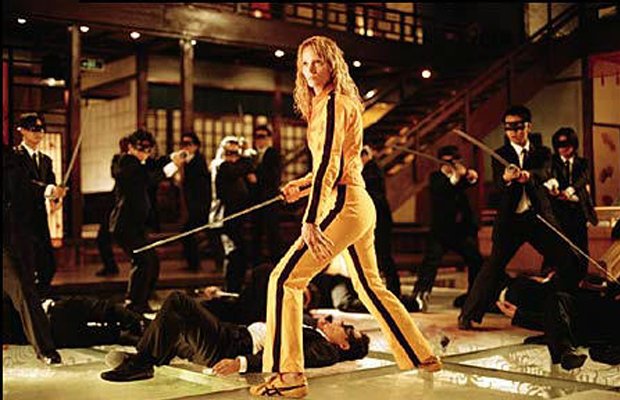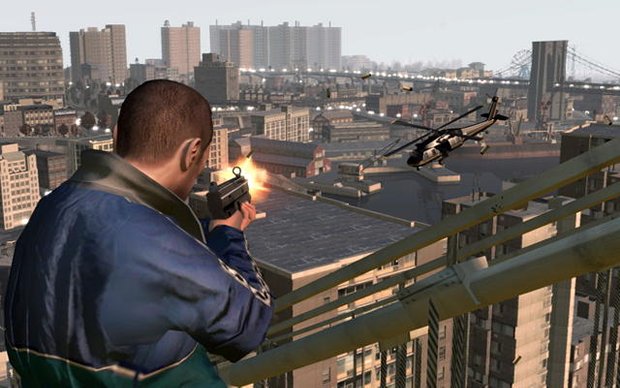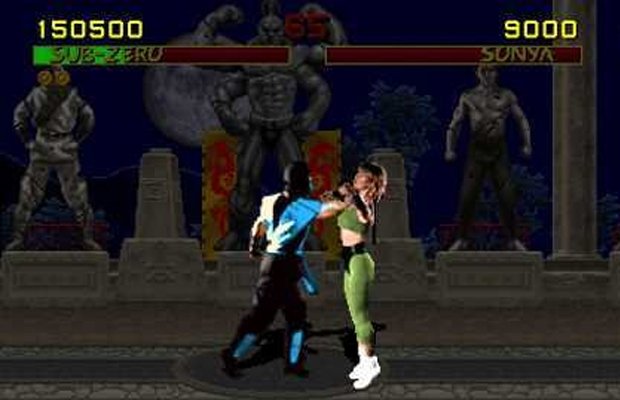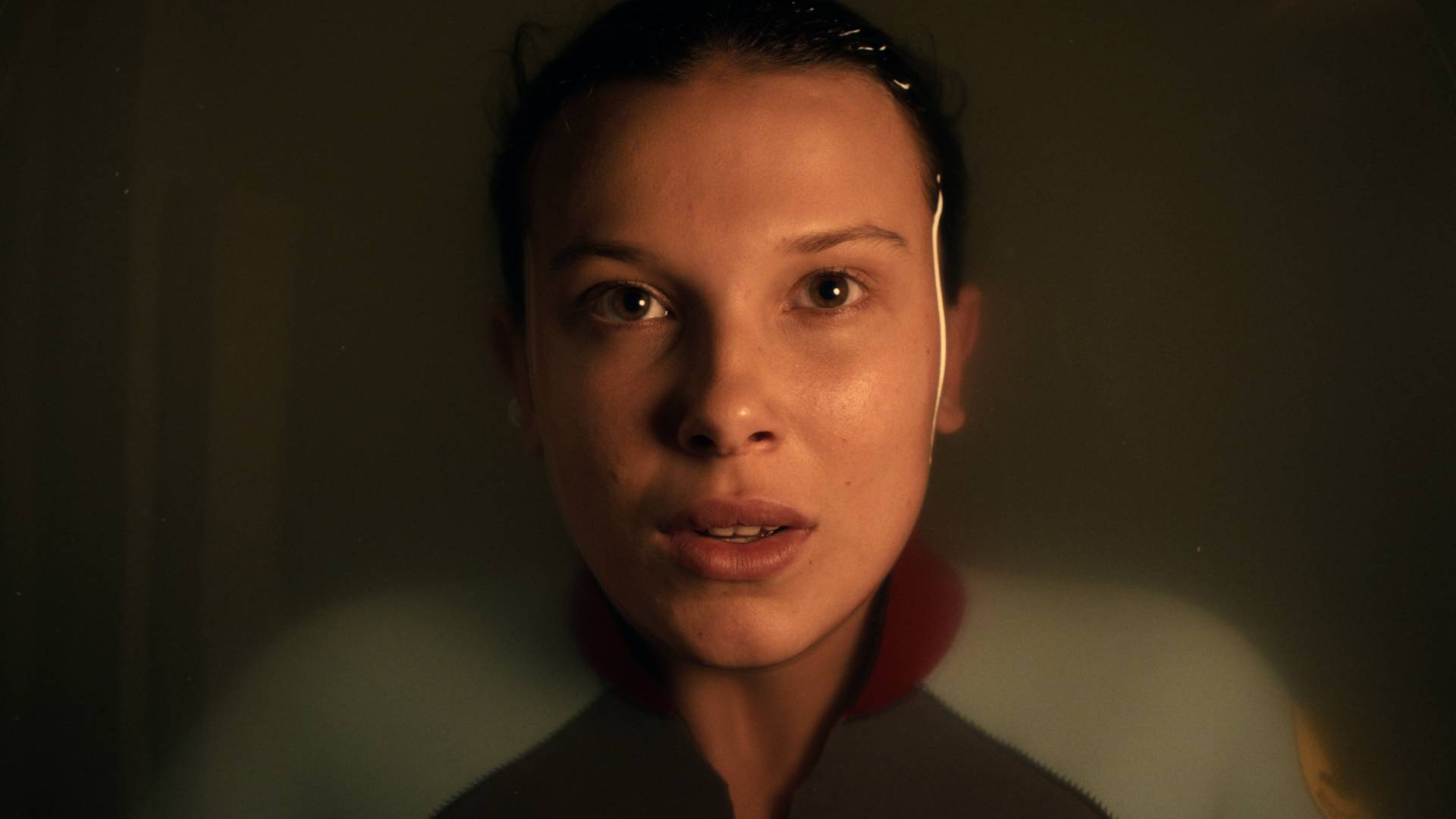Supreme Court hears arguments in Schwarzenegger v. EMA, asks if we should ban fairy tales too
But remains against the torture of babies…
Nov 2 is the day for Americans to make their voices heard, and in the cold of a Washington D.C. morning hundreds of people gathered of the steps of the Supreme Court of the United States in anticipation of the oral arguments heard today regarding the Schwarzenegger v. EMA suit, and the much-reviled California Video Game Law.

Above: Legal…
While little attention has been paid to this suit on a national level, the Court’s gallery was over-stuffed with observers as Attorney General of California, Zackery Morazzini, made his opening statements. Moranzzini began by suggesting that the “deviant” level of violence that is depicted in certain video games requires legal restrictions to protect minors.
Protect them from what, wondered Justice Scalia. "You are asking us to create a whole new prohibition... what's next after violence? Drinking? Movies that show drinking? Smoking?" Scalia also suggested that banning violent videogames would be of the same order as banning Grimm’s fairy tales, which are often very similar in their depictions of violence.

Above: Illegal?
The Court was not prepared to let the video games industry off the hook so easily, however. "Imagining a game that allows a player to torture babies," Justice Breyer suggested. "Why isn't it common sense for the state to say 'Parents, if you want your 13-year-old to play it you have to buy it?” The Court went on to question the game’s industry ardent resistance to any law that would limit the exposure of violent content to children.
While the hearing was not a very somber affair, with Justice Kagan admitting that half of the Court’s clerks played Mortal Kombat, the Justices did press Moranzinni hard to prove why video games should be placed in a ‘special category’ separate from rap music or fairy tales.
Weekly digests, tales from the communities you love, and more

Above: As played by real Supreme Court clerks
Moranzinni declared that video games were ‘unusual’ in that their interactive nature may trigger a subconscious drive within players –particularly young players- to commit violent acts, and that these impulses would not be triggered through non-interactive mediums such as movies, music, or bedtime stories.
After the hour-long hearing both plaintiff and defending representatives emerged optimistic about their chances for success.
“I think what the court really does understand is the difficulty of regulating in the area of violence in the absence of any historical basis for drawing a new exception under the First Amendment… and so I think the court is, at least I hope, they will come away very skeptical of the notion that just because someone can show you a video of a video game that some people think is offensive that somehow it justifies coming up with a whole regulatory regime – particularly where there is already a whole voluntary regulatory regime,” said Paul Smith, representative of the EMA.
Senator Leland Yee, author of the controversial legislation, countered “I think that they [the Justices] were very, very interested in finding a way to ensure that [these] gratuitous, ultra-violent video games [are not] out in the hands of children.”
The Court’s decision is expected before the Summer recess of June, 2011. Since today’s the day to make your voices heard, what did you think of the proceedings?
Nov 02, 2010


Couch potatoes need not apply

‘Video games are an expressive medium that should be protected by the First Amendment,’ says ECA vice president

Oh really?


